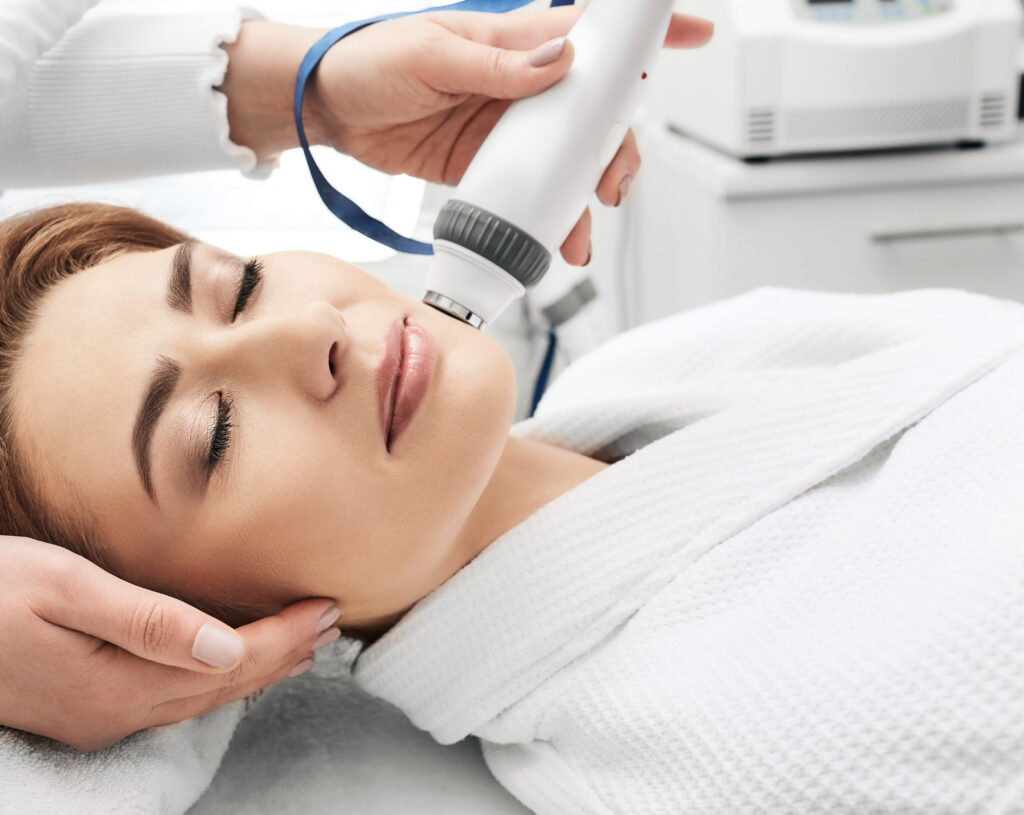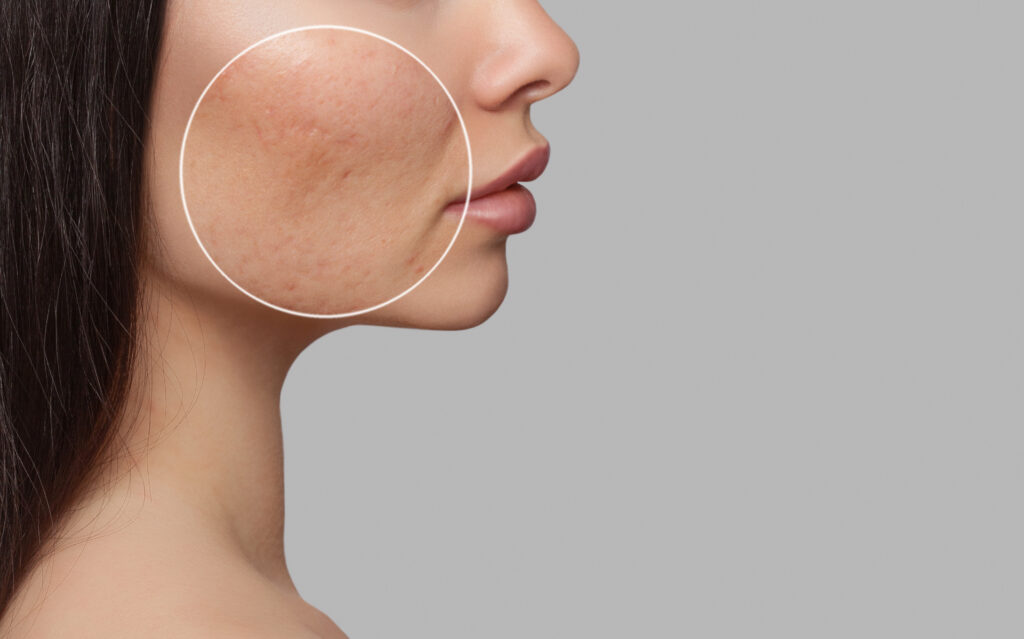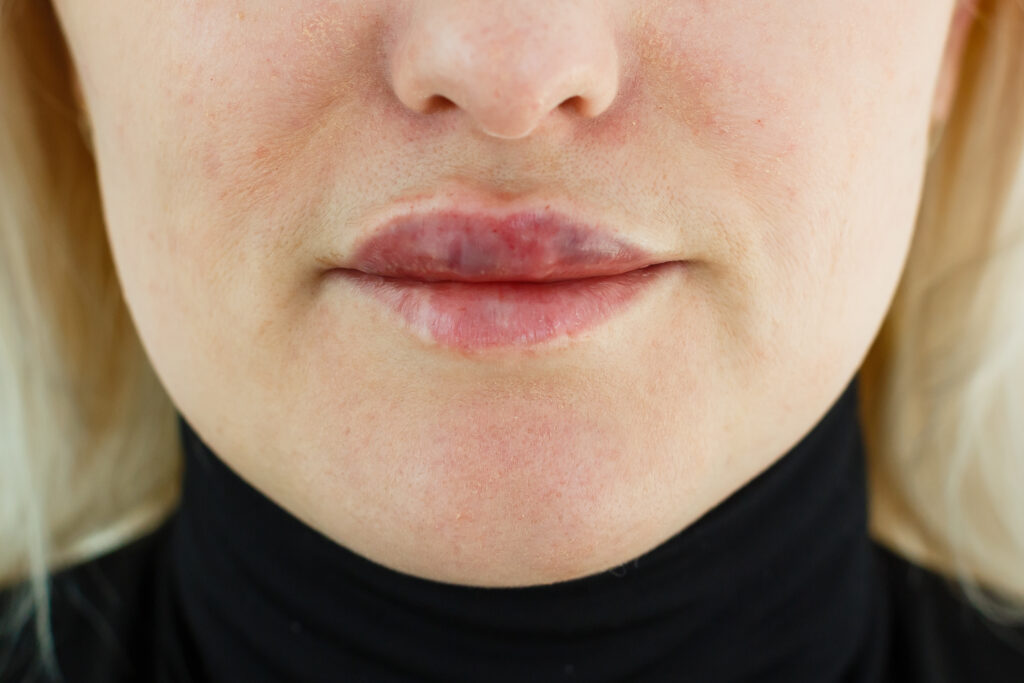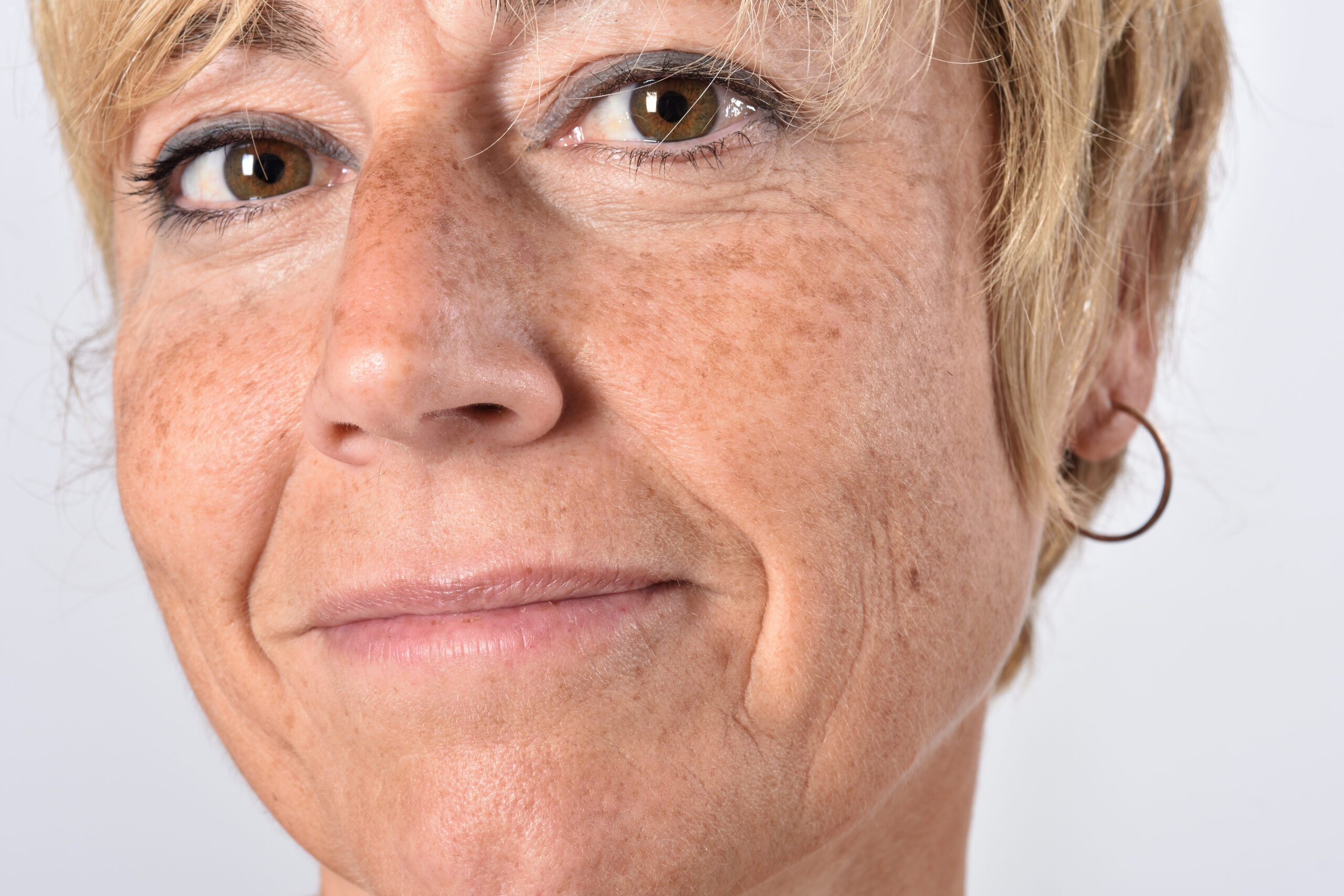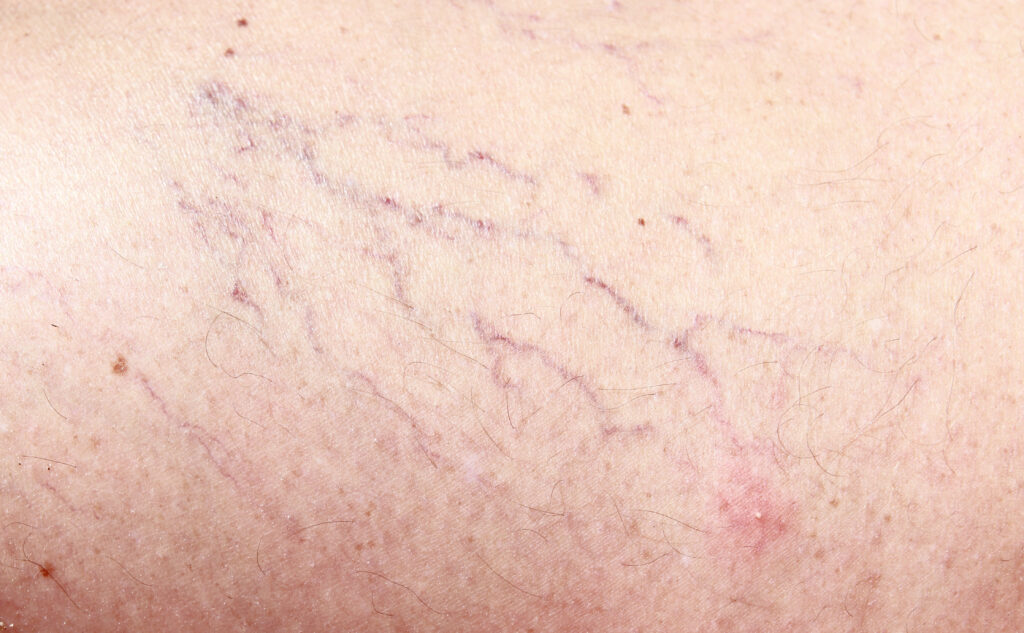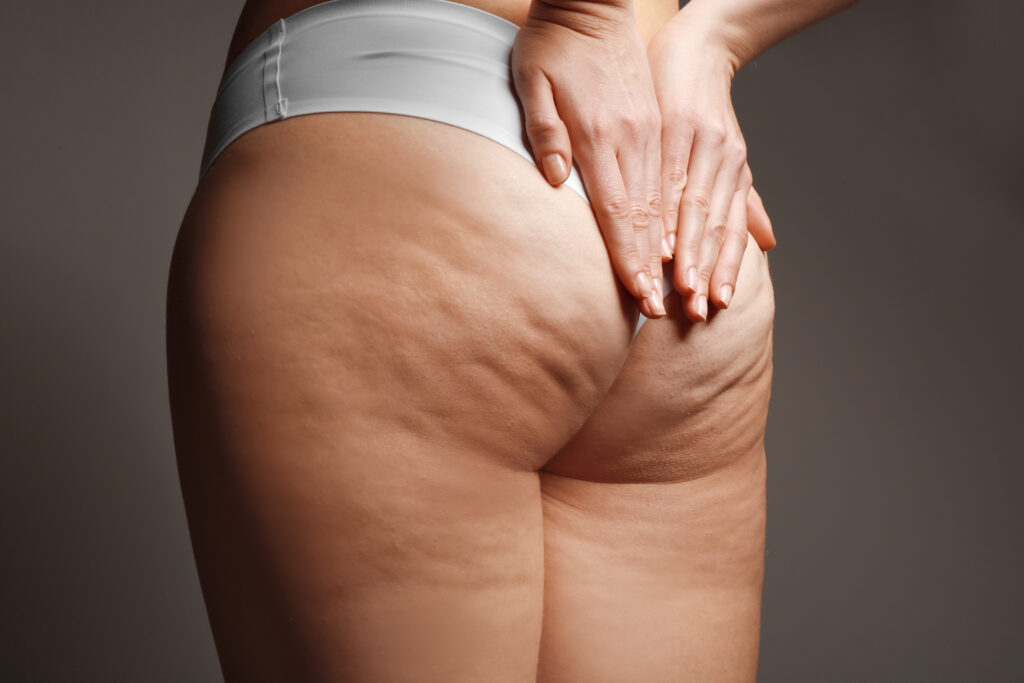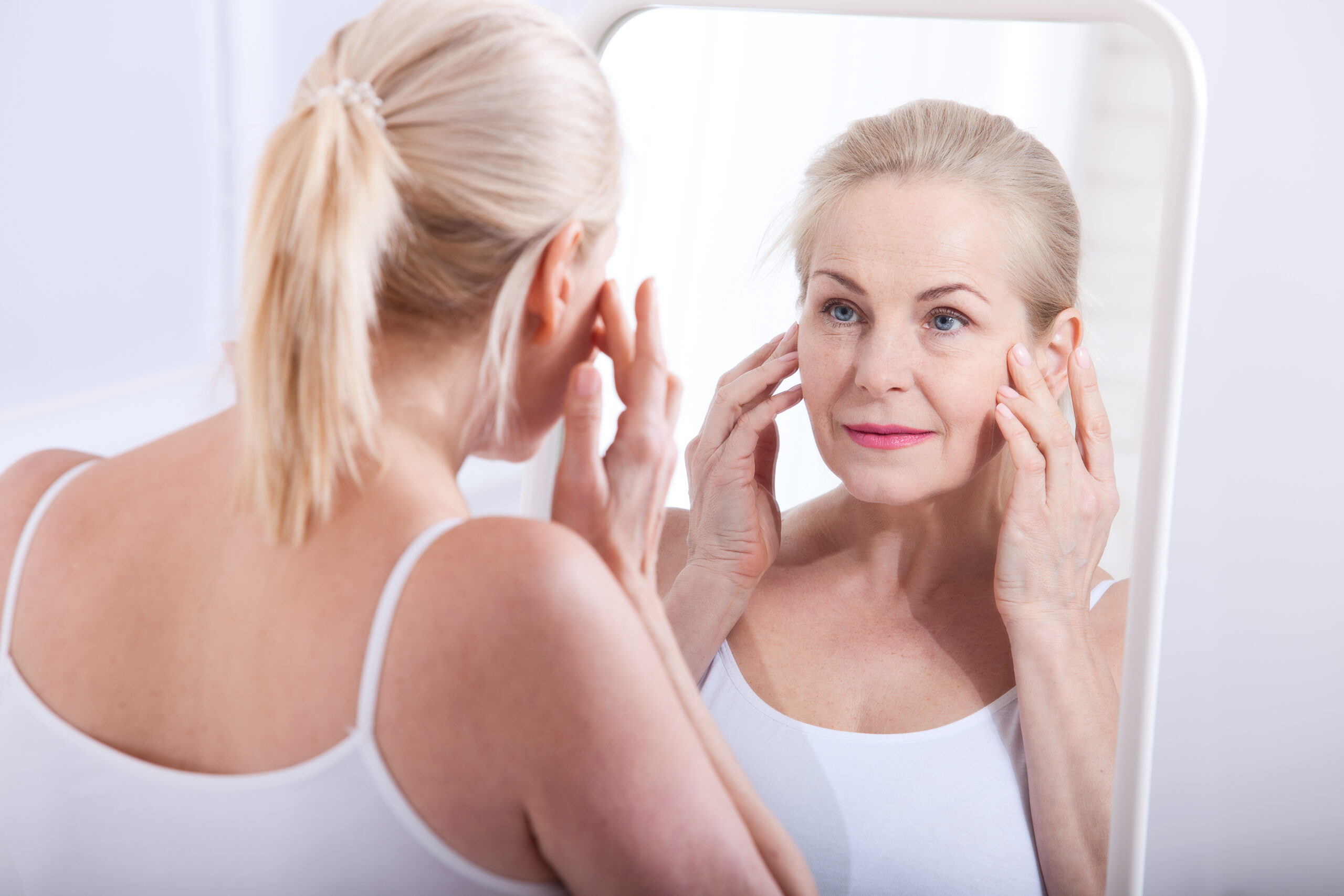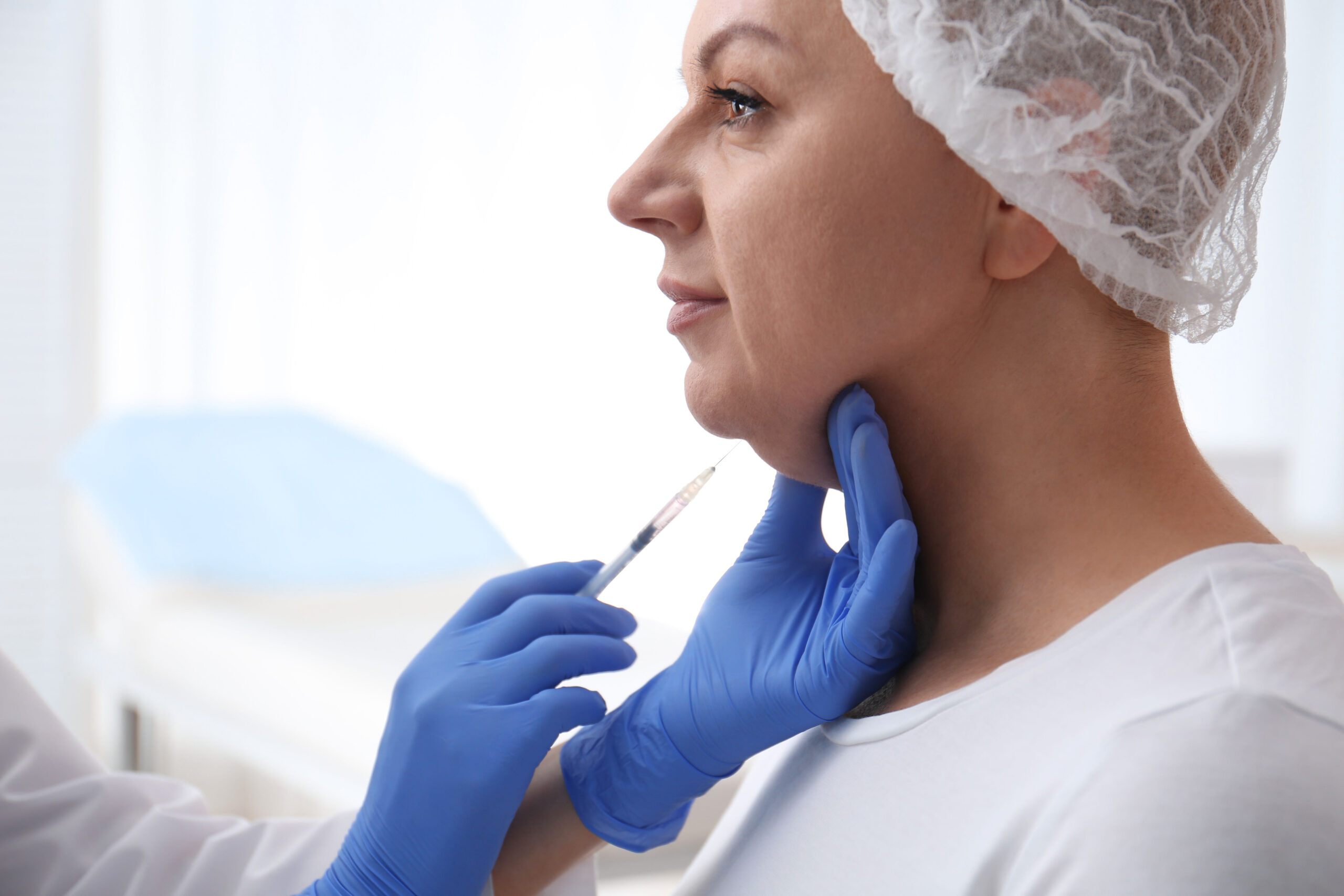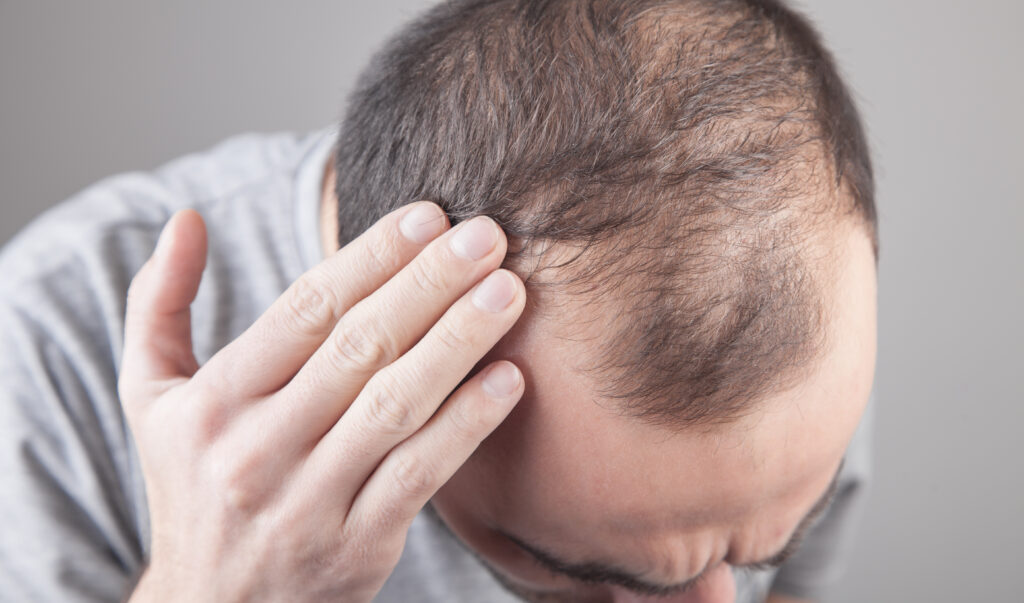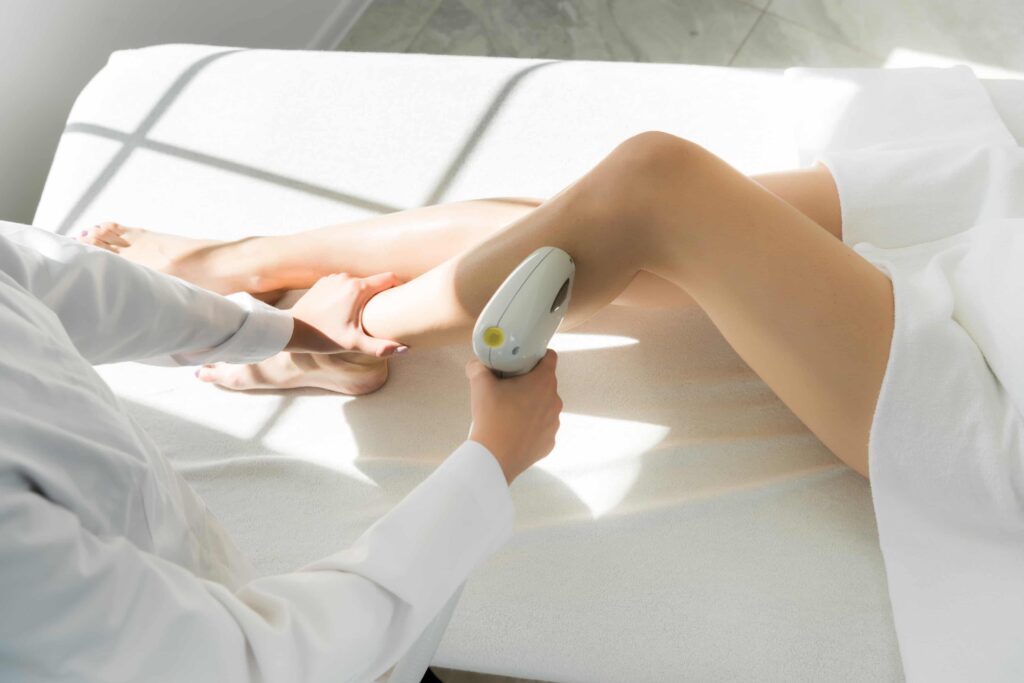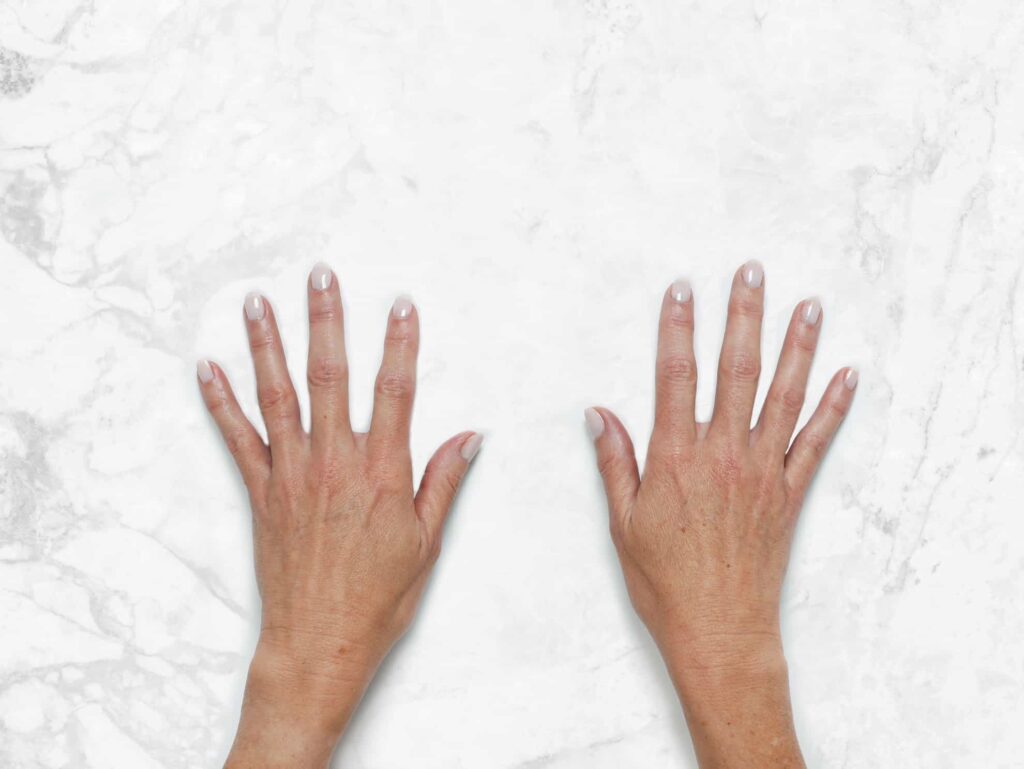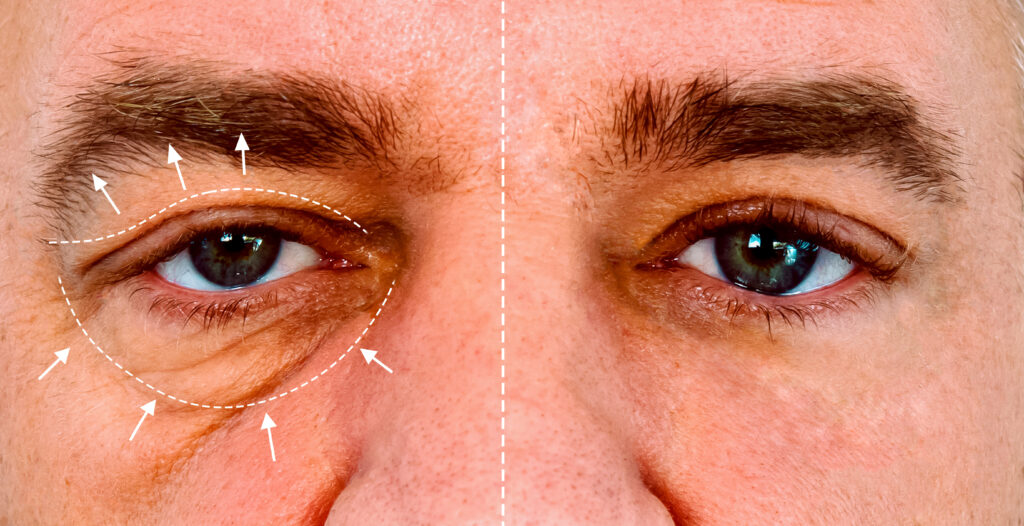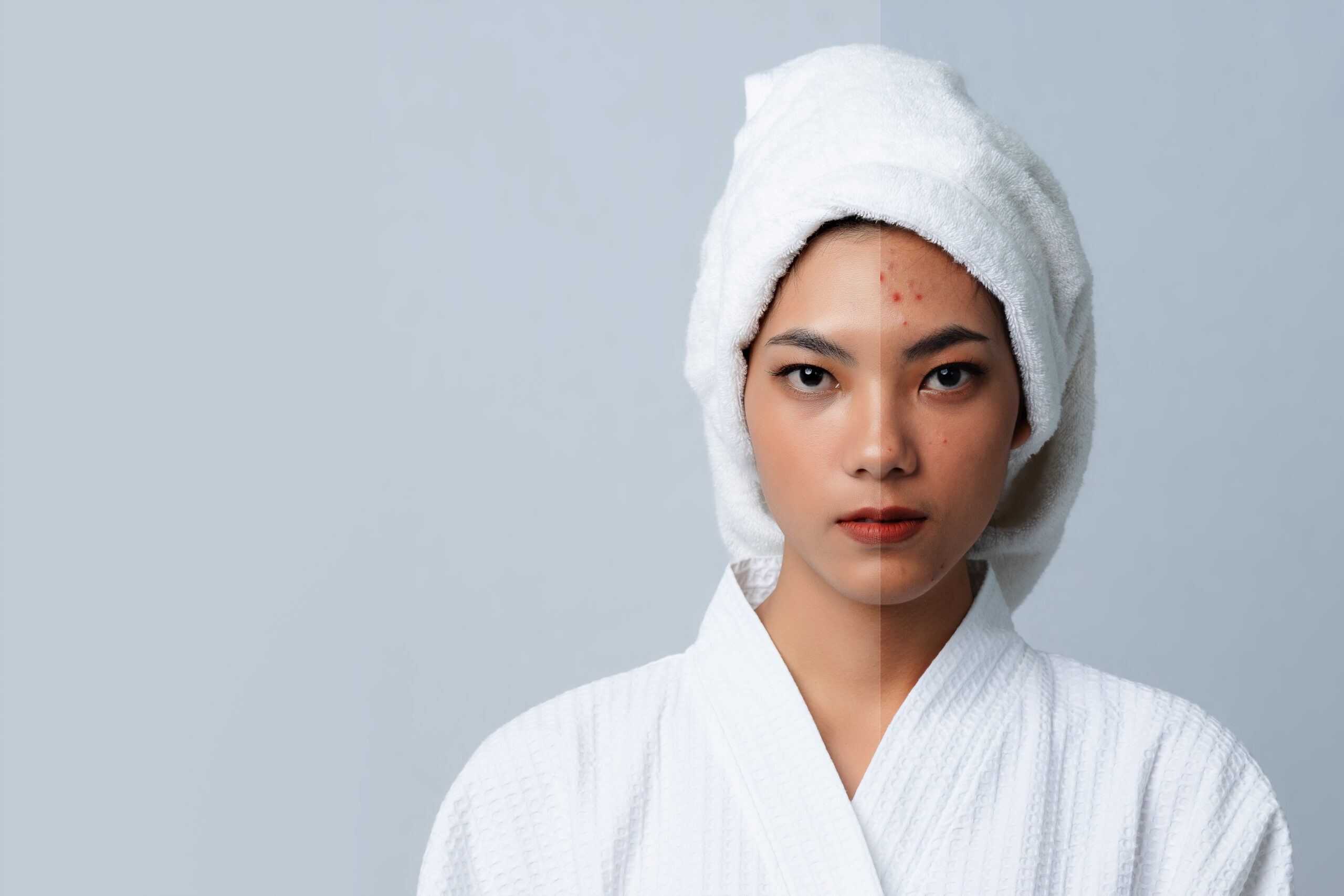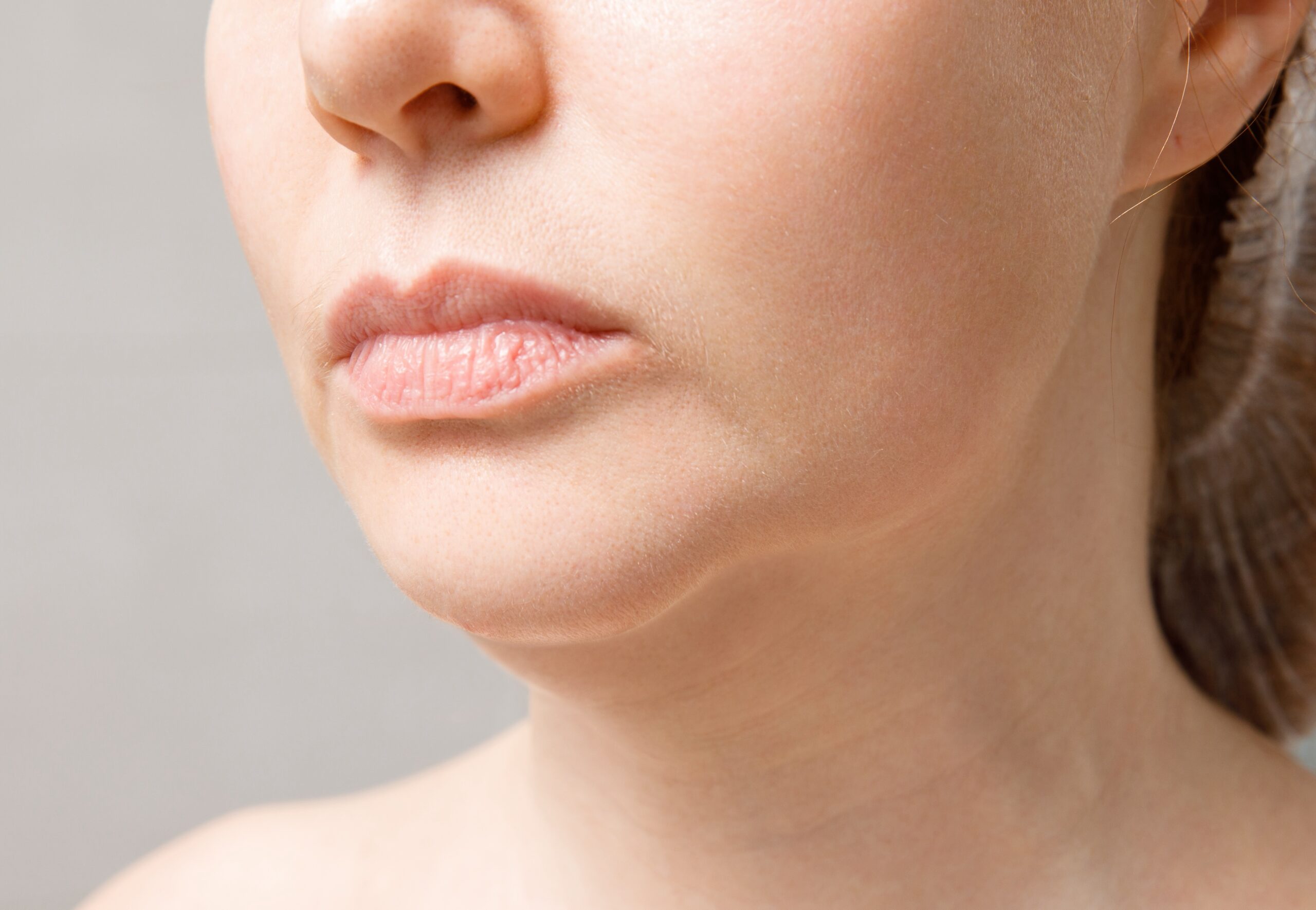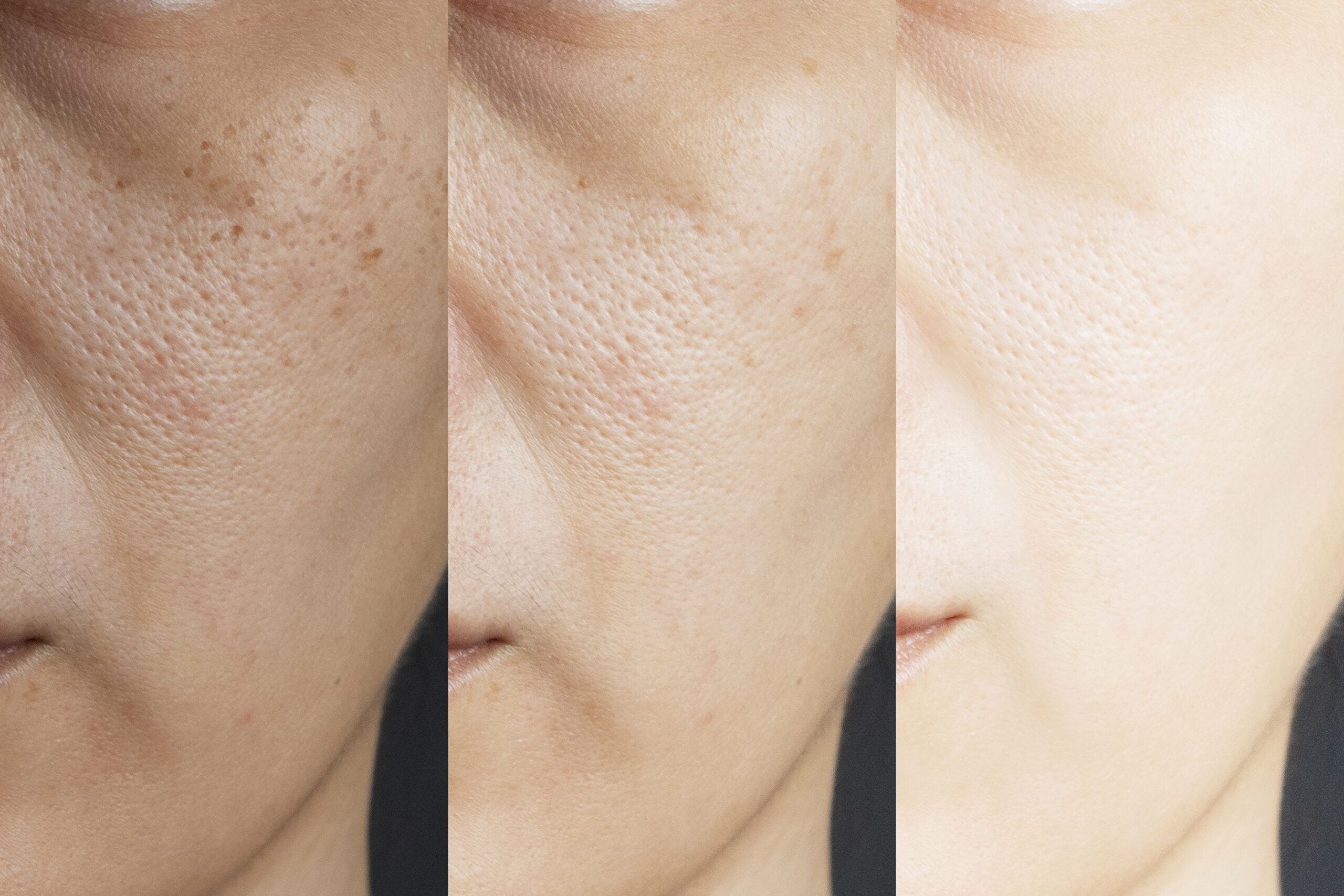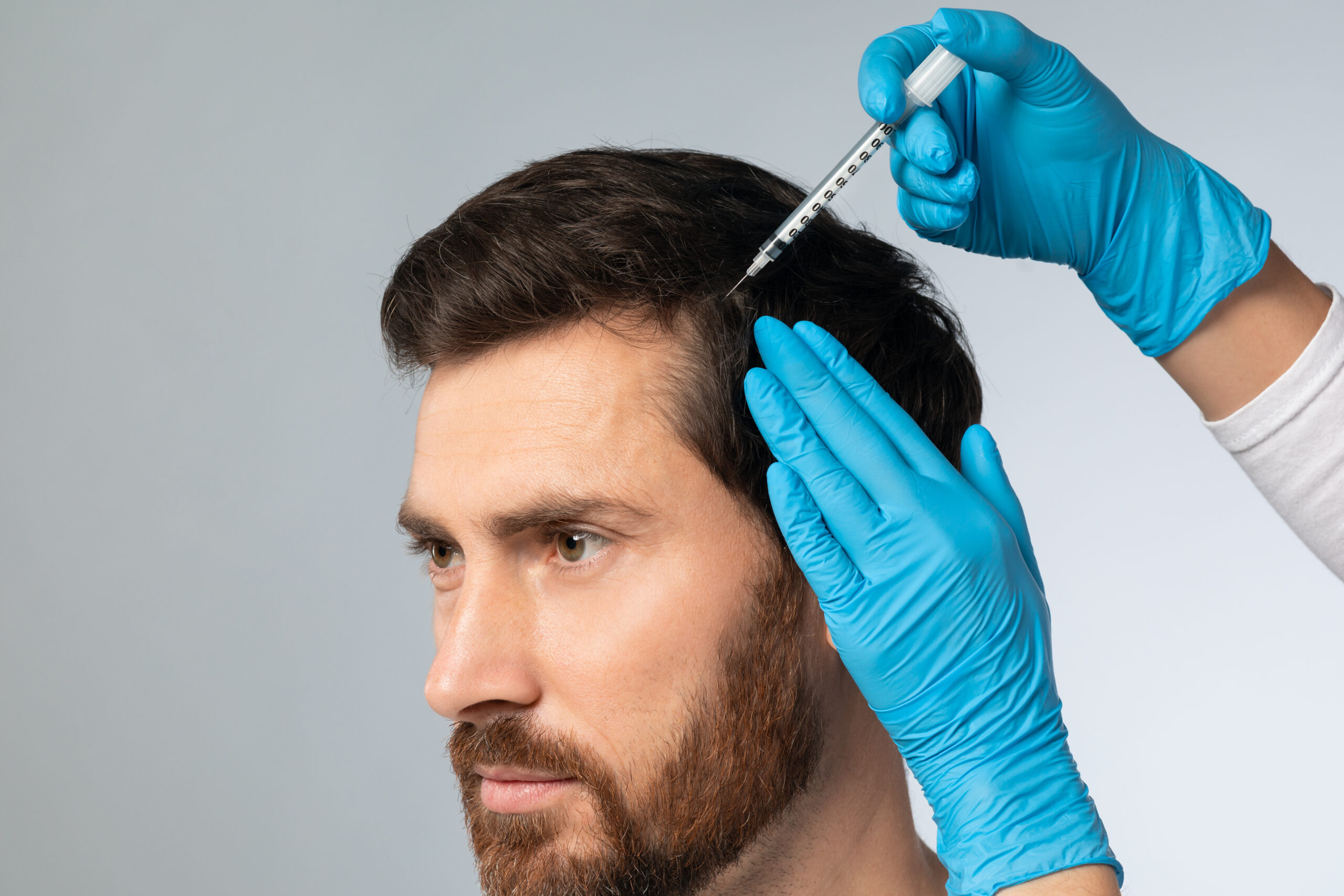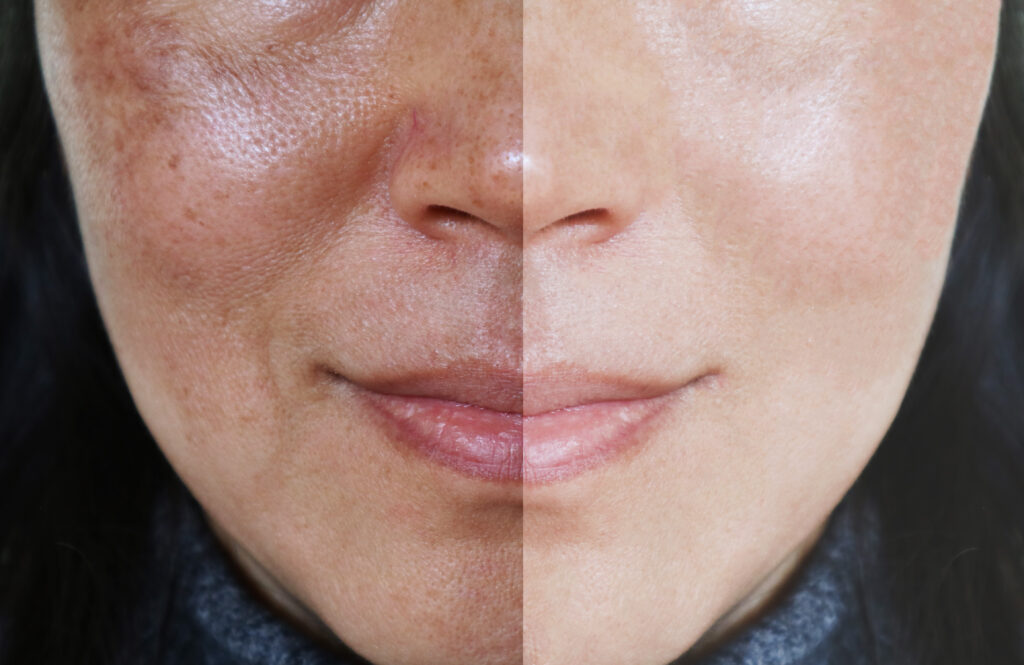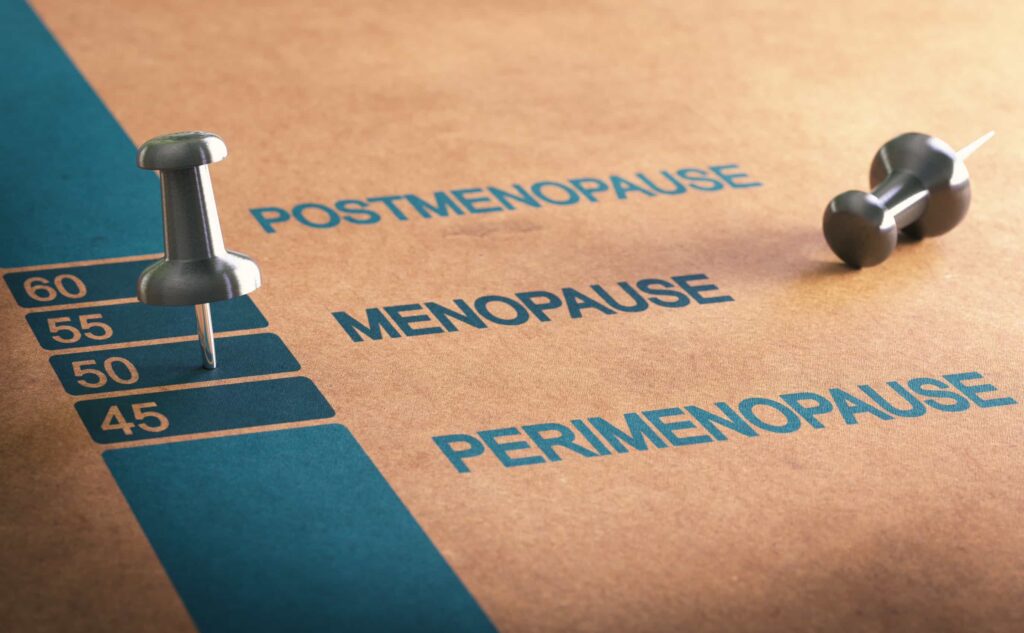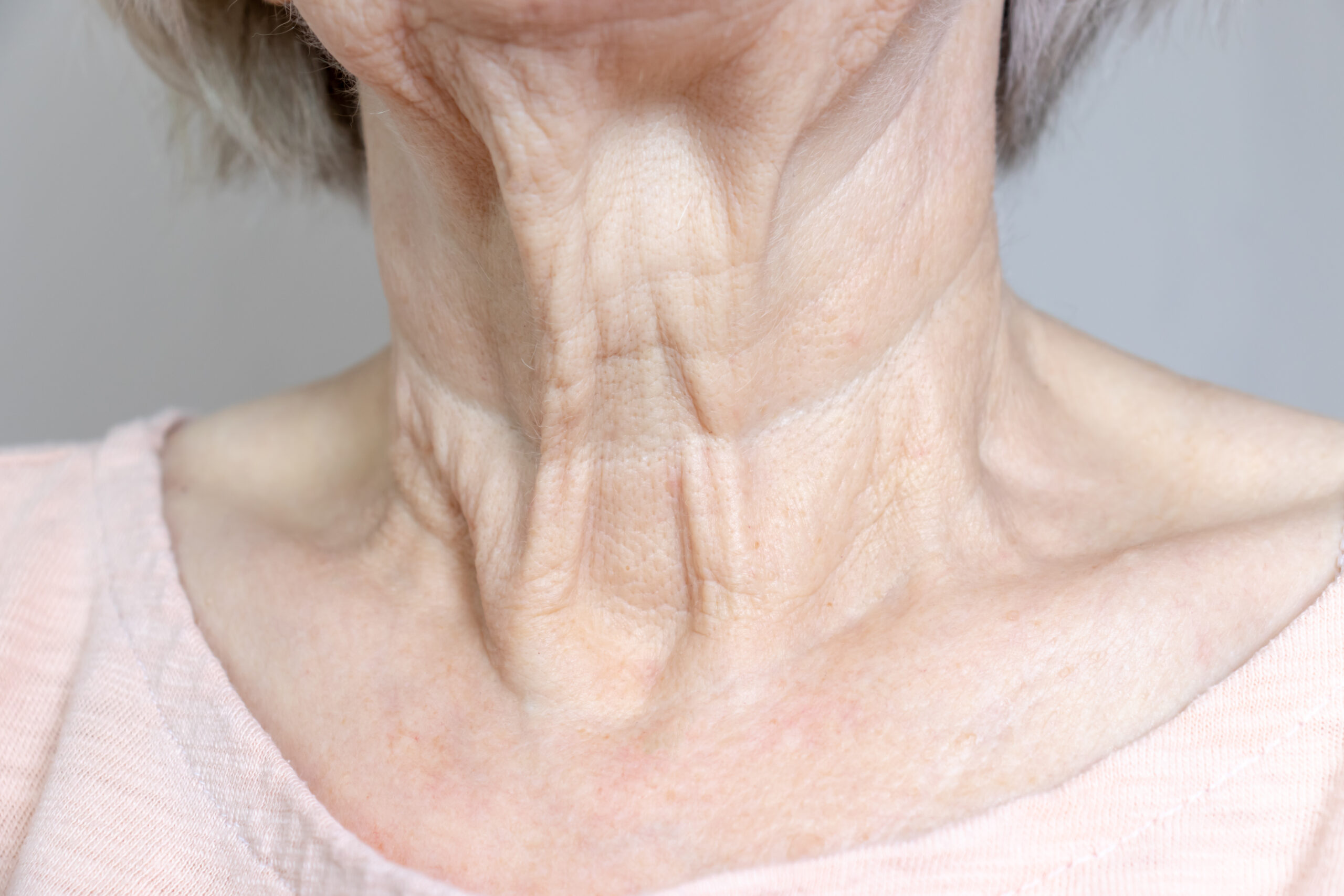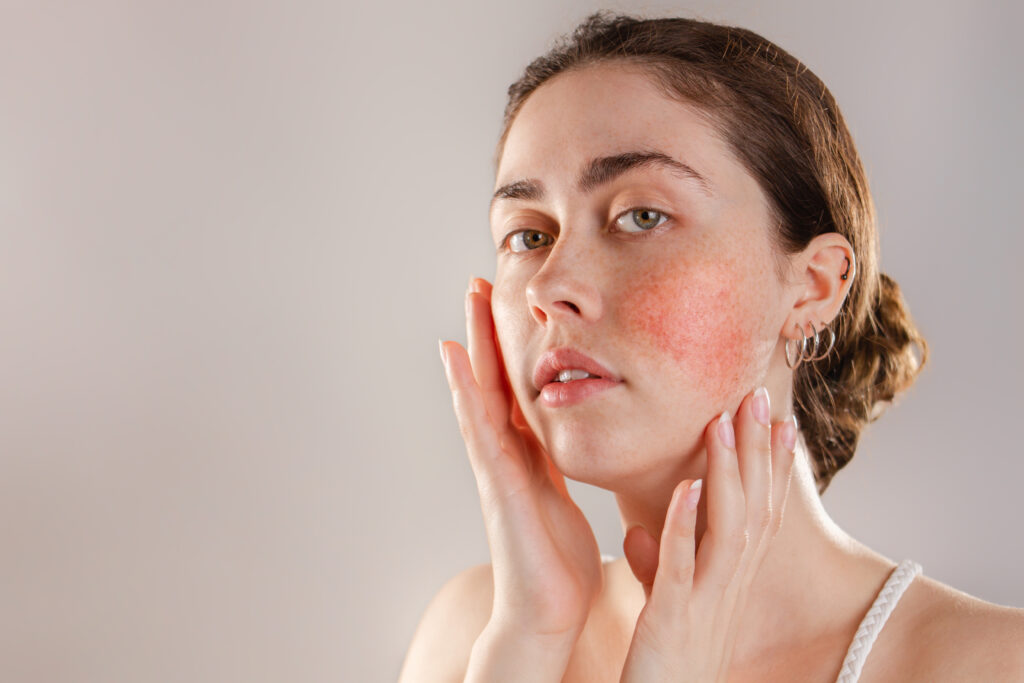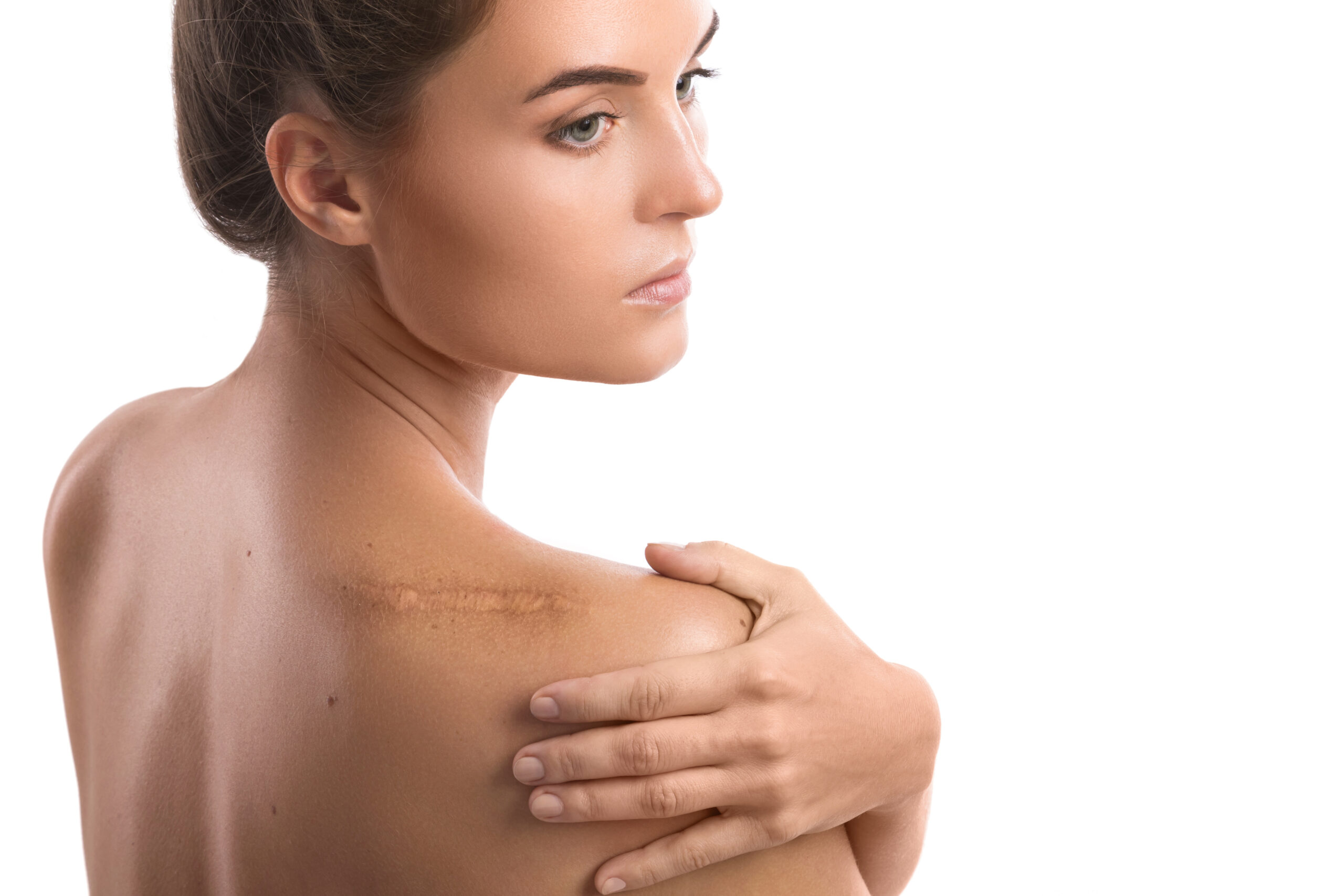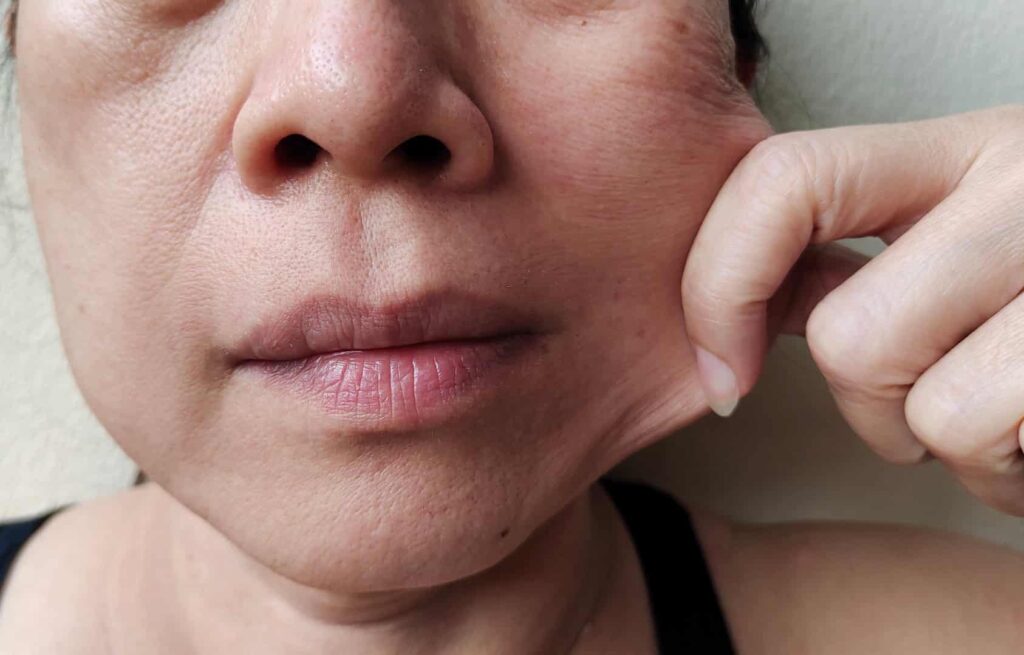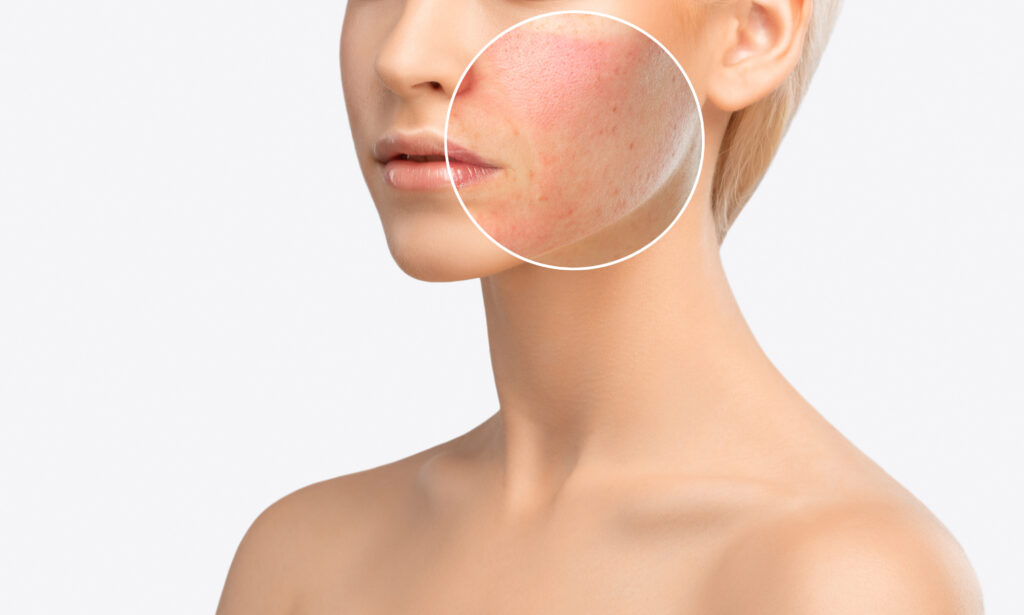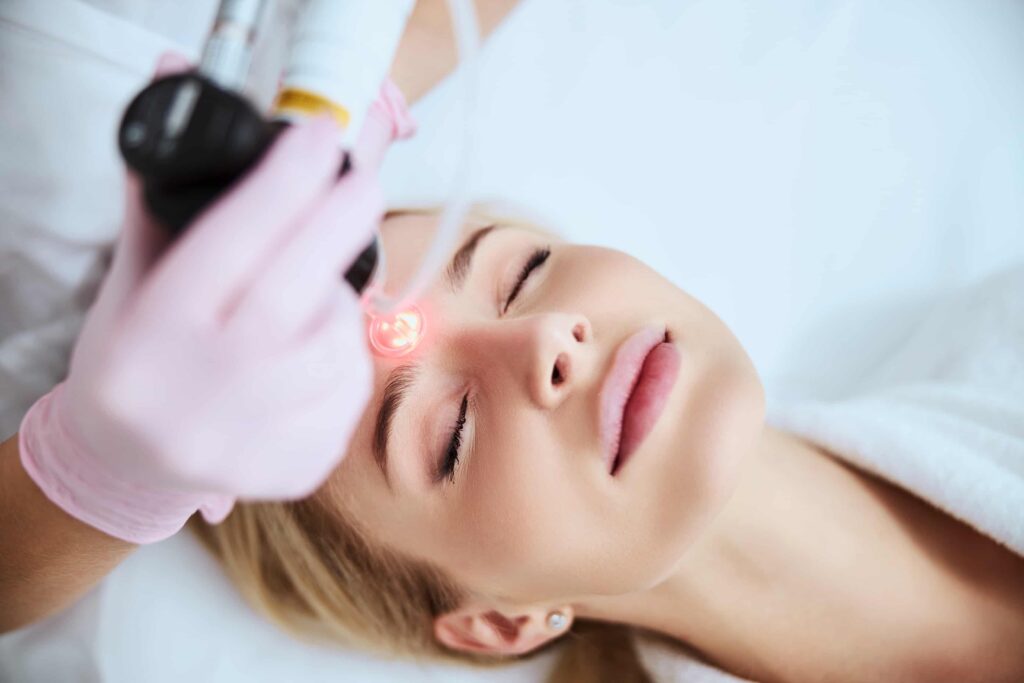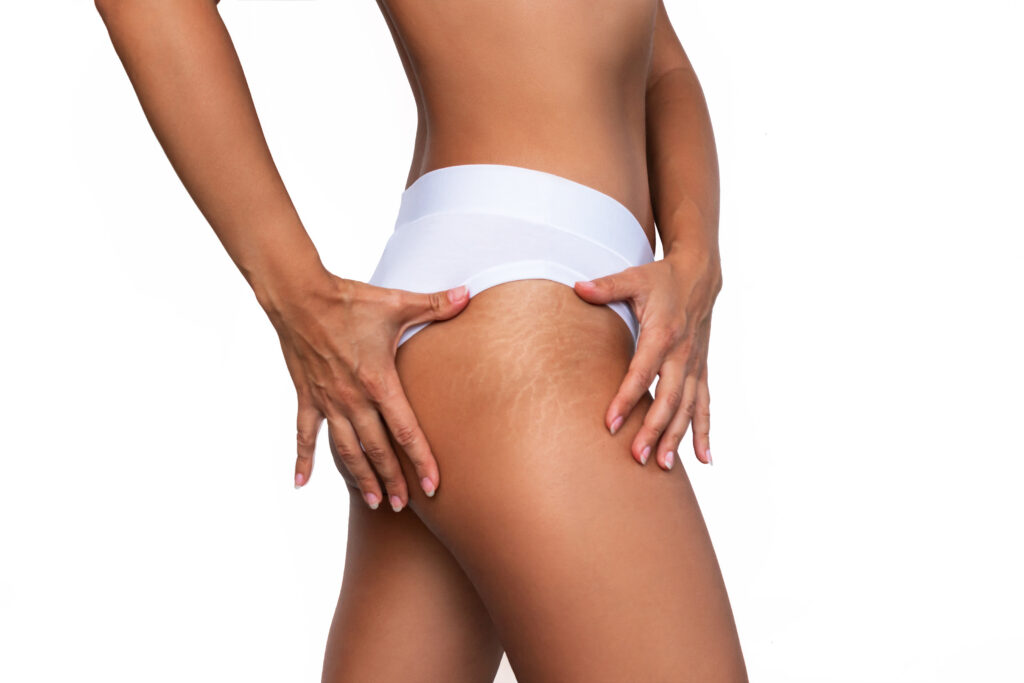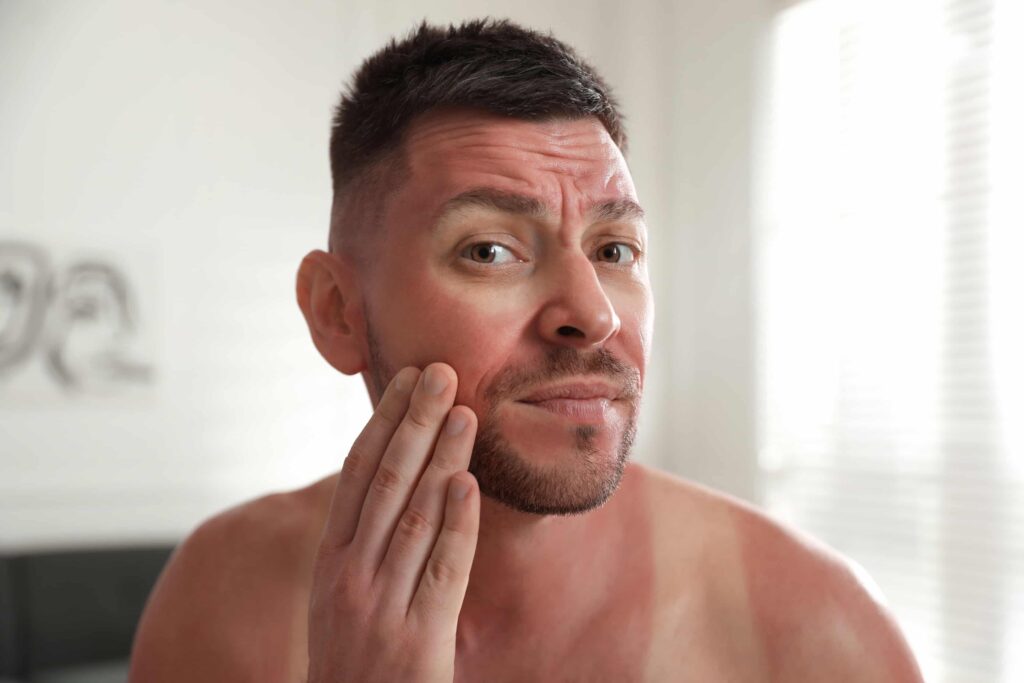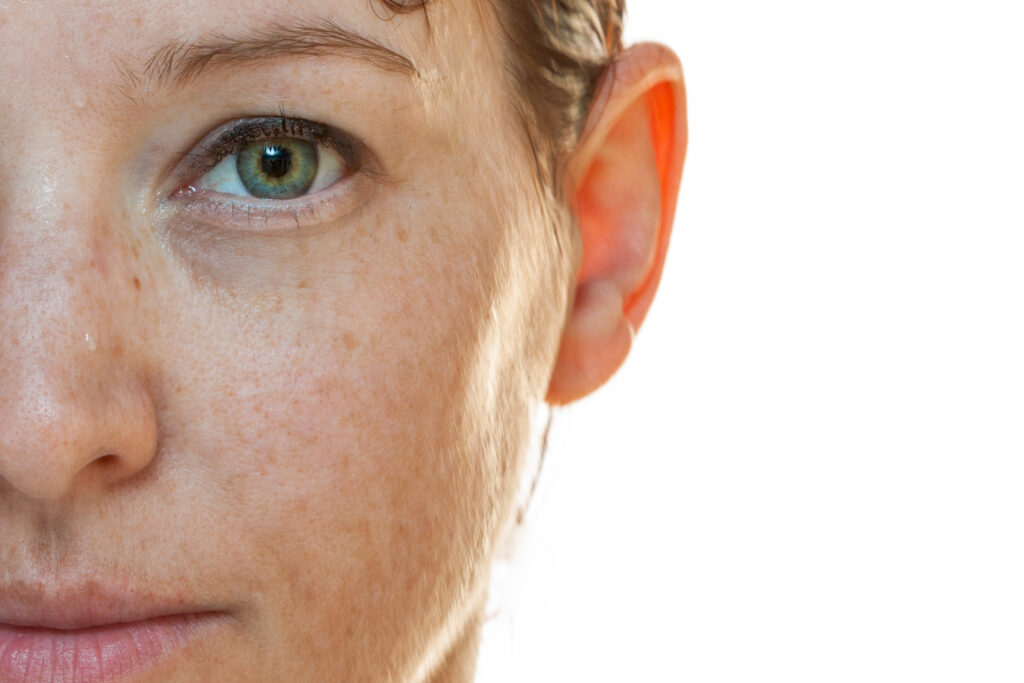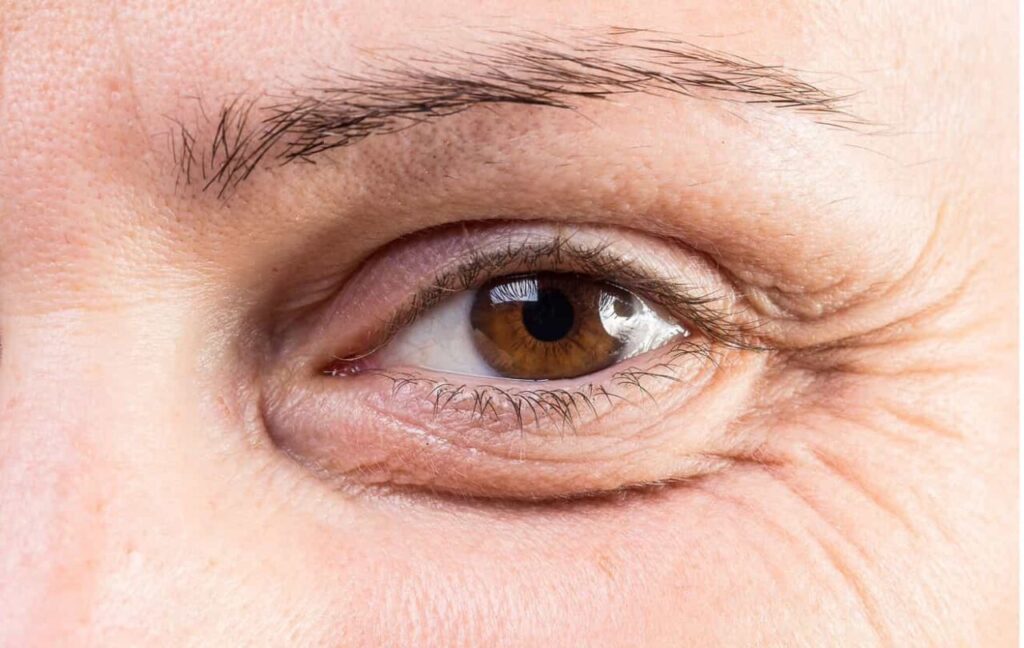Utilizes microfocused ultrasound technology to induce a thermal effect beneath the skin, stimulating the body's natural collagen.
Collagen, a crucial protein for maintaining skin firmness and elasticity, diminishes with age, leading to skin laxity. Ultherapy’s non-surgical approach delivers ultrasound energy with precise imaging to target specific depths and temperatures, jumpstarting collagen production.
As people age, collagen and elastin breakdown causes wrinkles and loss of skin elasticity. Ultherapy offers a noninvasive solution for collagen remodeling, targeting facial lines and wrinkles and providing a lifting effect on various areas.
Suitable candidates for Ultherapy are usually individuals aged 30 and above with mild to moderate skin aging, showing signs of skin laxity, particularly on areas such as the eyelids, brows, neck, and chin. Patients must possess a degree of skin elasticity to enhance the likelihood of a favorable response to Ultherapy procedures.
The pros of Ultherapy include its popularity as a noninvasive technique for skin rejuvenation with minimal downtime and FDA approval. It targets the face, neck, and chest to tighten and lift the skin, offering long-lasting effects.
-Risk of botched procedures due to energy being targeted to all tissue levels
-Rare side effects like nerve or eye damage.
Book a consultation with an Ultherapy provider to assess your skin and determine if you are a candidate for treatment, with no pre- or post-treatment skin care requirements. Your provider may suggest options to enhance your comfort during the procedure, which involves cleansing the skin, applying ultrasound gel, and using a smooth treatment applicator.
Customizing your treatment with ultrasound imaging, the practitioner targets the areas that will benefit you most, allowing you to resume normal activities immediately after with no restrictions. While some redness and mild symptoms like swelling or tenderness may occur, they are temporary and should subside within a few hours after the procedure.
On average, there is no recovery time needed for Ultherapy. While redness may occur after the treatment, it resolves within hours. It is recommended to avoid sun exposure right after the procedure to minimize skin irritation.
The results typically manifest gradually over two to three months, with continued improvement over the next three to six months, lasting up to a year or more. Ultherapy offers a proven non-invasive alternative for individuals seeking skin tightening and rejuvenation without surgery.
Ultherapy has been determined to be safe and efficacious for individuals of all skin types and tones. Although ultrasound therapy does not have specific age limitations, optimal outcomes are typically observed in patients ranging from their thirties to early fifties.
In comparison to other non-invasive facial procedures, Ultherapy may appear to be relatively costly. The average price for a full-face therapy typically falls within the range of $2000 to $4000, with potential variations based on the specific areas of the body undergoing treatment.
